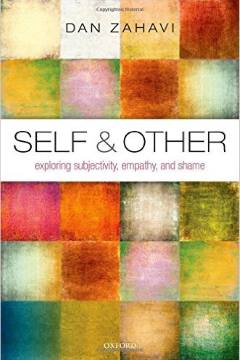Book | Chapter

(2014) Self and other, Oxford, Oxford University Press.
This chapter, the longest in the book, offers a detailed investigation of the multilayered analyses of empathy found in the writings of Scheler, Husserl, Stein, and Schutz. It discusses the importance they assign to embodiment and expressivity, and clarifies the relation between empathy and related phenomena like emotional contagion, sympathy, and emotional sharing. Although these thinkers did not agree on everything, there is a sufficient amount of overlap between their respective theories to warrant talking about a phenomenological account of empathy, one that differs rather markedly from recent accounts. More specifically, the phenomenologists conceived of empathy as a distinct other-directed form of intentionality, one that allows the other’s experiences to disclose themselves as other. One noteworthy feature of their proposal is that, while remaining firmly committed to the first-personal character of consciousness, it also highlights and respects what is distinctive about the givenness of others.
Publication details
DOI: 10.1093/acprof:oso/9780199590681.003.0010
Full citation:
Zahavi, D. (2014). Phenomenology of empathy, in Self and other, Oxford, Oxford University Press, pp. 112-152.
This document is unfortunately not available for download at the moment.

